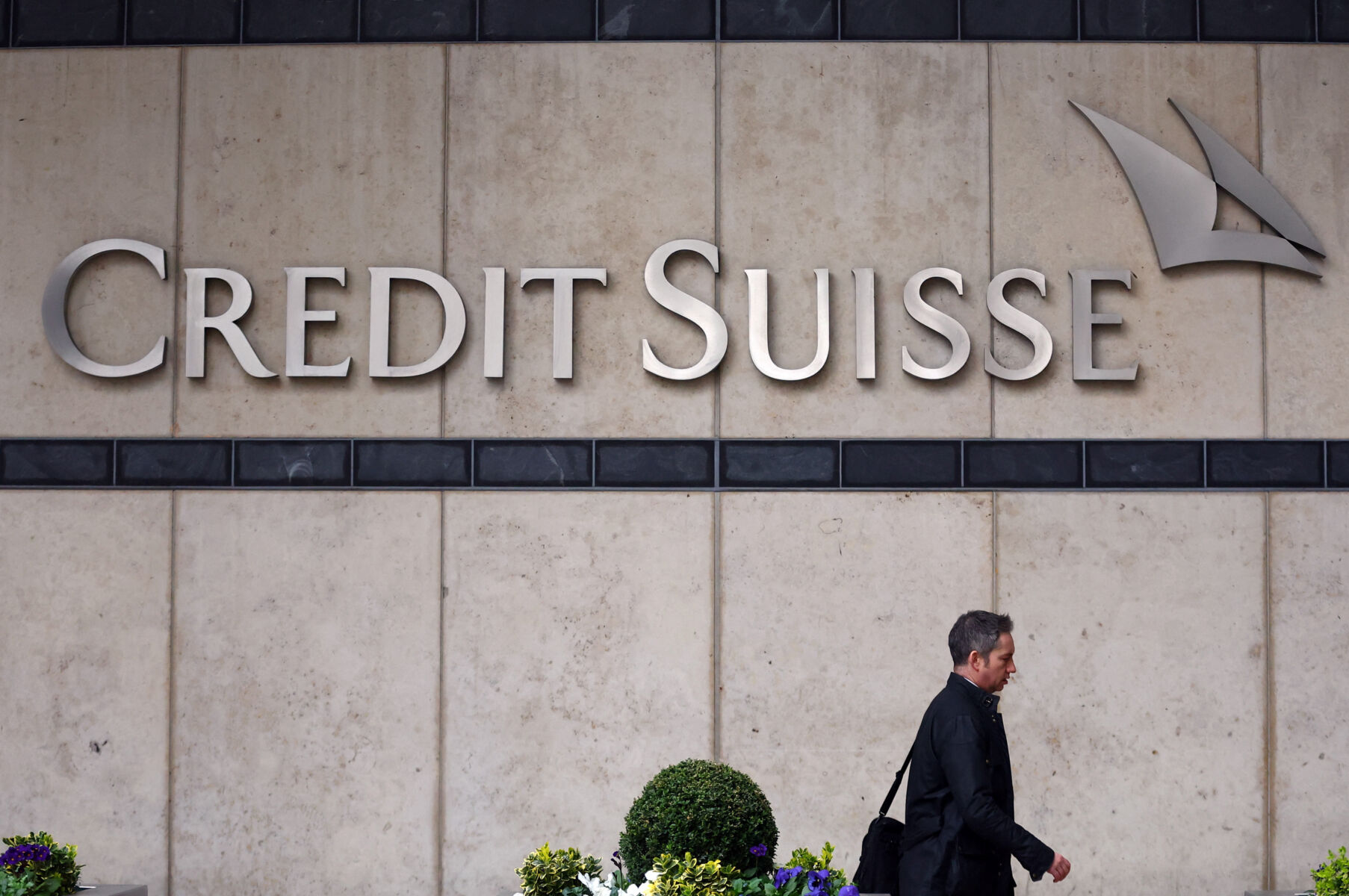UBS acquires Credit Suisse for $1.6tn, creating Swiss banking giant

UBS has finalised its emergency acquisition of struggling rival Credit Suisse, marking the largest banking deal since the 2008 global financial crisis and creating a Swiss banking behemoth with a balance sheet of US$1.6 trillion. The merger, which sees UBS overseeing US$5 trillion of assets, brings an end to Credit Suisse’s 167-year history, tainted in recent years by scandals and losses.
UBS Chief Executive Sergio Ermotti and Chairman Colm Kelleher announced the completion of the deal, acknowledging the challenges but also highlighting the “many opportunities” for clients, employees, shareholders, and Switzerland. The merger propels UBS to a leading position in key markets, which would have otherwise taken years to achieve.
The rapid takeover, completed in less than three months, aimed to provide certainty for Credit Suisse clients and employees while preventing further departures. However, the state-backed rescue exposed two myths: Switzerland’s predictability and the lack of taxpayer repercussions for the banks’ problems.
UBS is expected to book a significant profit in its second-quarter results after acquiring Credit Suisse for a fraction of its fair value. However, Ermotti warned that the coming months would be “bumpy” as the absorption process, estimated to take three to five years, commences.
One of the first challenges for Ermotti will be deciding the future of Credit Suisse’s domestic business. Merging it with UBS could result in substantial savings, but public pressure to preserve Credit Suisse’s brand, identity, and workforce may influence the decision.
Analysts warn that UBS may need to tread carefully to avoid stricter regulation and capital requirements due to its increased size. Furthermore, retaining staff and customers amidst the uncertainty of such a large-scale takeover remains a concern, leaving the long-term value for shareholders uncertain.
Latest Thailand News
Follow The Thaiger on Google News:


























